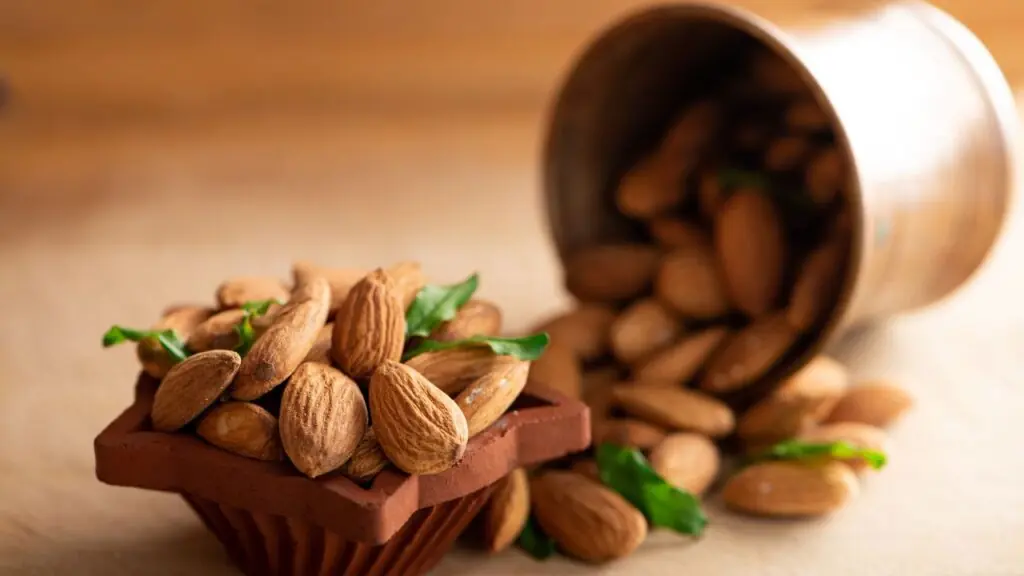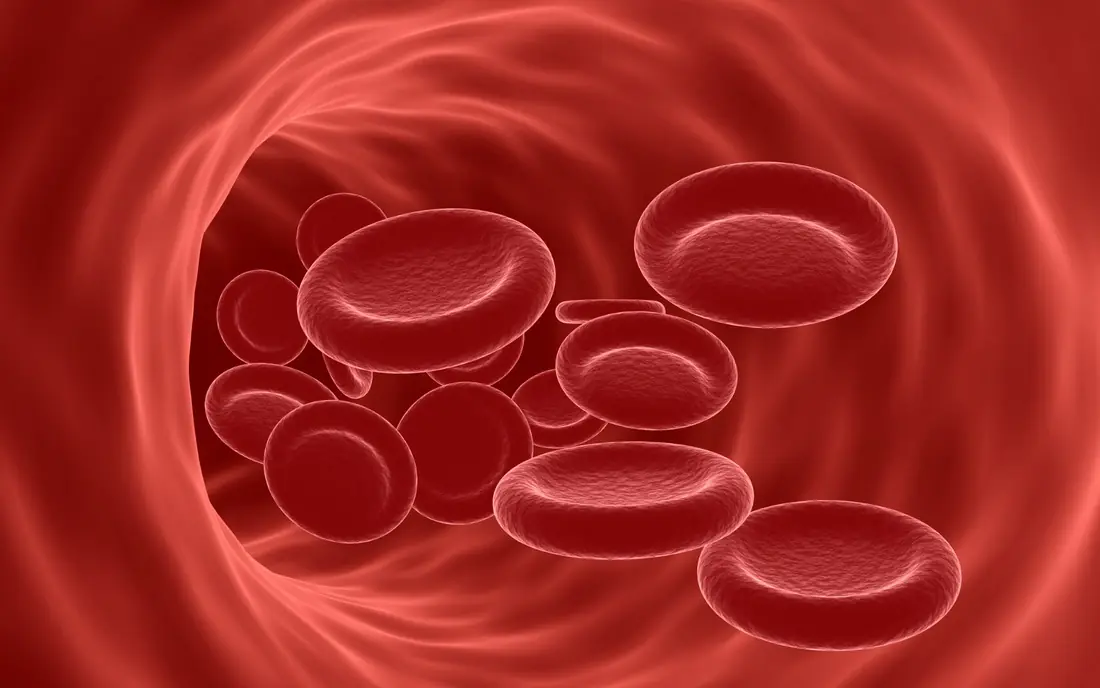Heartburn and bloating are two of the most common digestive problems people experience daily. These symptoms can be uncomfortable, painful, and sometimes even debilitating. While many attribute them to overeating or poor diet choices, the real culprit may often be hiding deep in your stomach: a bacteria known as Helicobacter pylori (H. pylori). Fortunately, recent findings suggest that there is a simple, natural method that can help eliminate this harmful bacteria and relieve your symptoms—before it’s too late.
H. pylori is a spiral-shaped bacterium that resides in the stomach lining. It’s estimated that nearly half of the world’s population carries this bacteria, though not everyone shows symptoms. However, when left untreated, H. pylori can lead to chronic inflammation, ulcers, acid reflux (heartburn), bloating, bad breath, and even more serious conditions such as stomach cancer.
Many people ignore the warning signs—thinking their bloating is just a result of eating too fast or that the burning sensation in their chest is nothing more than temporary indigestion. But the truth is, ongoing symptoms can indicate an infection that needs immediate attention. The good news is that addressing this problem doesn't always require antibiotics or invasive medical procedures. In fact, a number of natural remedies are gaining attention for their ability to fight H. pylori effectively.

One of the most promising methods involves the use of natural antibacterial foods that can inhibit the growth of H. pylori. For example, raw honey, especially manuka honey, has powerful antimicrobial properties and has been shown in studies to reduce H. pylori colonies. Adding a teaspoon of honey to warm water and drinking it on an empty stomach each morning could help support your digestive health over time.
Another powerful option is probiotic-rich foods, such as yogurt, kefir, and fermented vegetables like kimchi and sauerkraut. These introduce beneficial bacteria into your gut, which can help restore the balance of your microbiome and crowd out harmful bacteria like H. pylori.
Additionally, garlic is a well-known natural antibiotic. Consuming one or two raw garlic cloves per day can significantly reduce the bacterial load in your stomach. Garlic not only combats H. pylori but also helps reduce inflammation and supports your immune system.
Green tea is another excellent remedy. It contains antioxidants and antimicrobial compounds that may slow down or stop the growth of H. pylori. Drinking one to two cups of green tea daily can support your body’s ability to fight off infection and reduce digestive discomfort.
One more simple method is drinking warm lemon water in the morning. Although lemons are acidic, they have an alkalizing effect inside the body and can aid digestion while making your stomach environment less hospitable to harmful bacteria.
It’s important to note that while these natural remedies can be helpful, they are most effective when used as part of a healthy lifestyle. Avoiding processed foods, limiting alcohol, reducing stress, and eating a balanced diet rich in fruits, vegetables, whole grains, and lean protein all contribute to a healthier digestive system.
In conclusion, if you’ve been experiencing chronic heartburn, bloating, or stomach discomfort, don’t ignore the signs. H. pylori could be quietly damaging your stomach lining and weakening your immune system. By using these simple and natural methods—such as honey, garlic, probiotics, green tea, and lemon water—you can begin to heal your gut and restore balance to your digestive system. As with any health concern, consult with a healthcare professional before starting any new treatment plan. Acting now could save you from more serious health issues in the future.






























